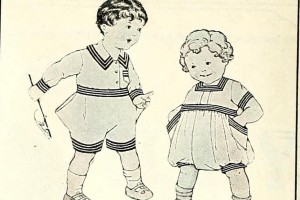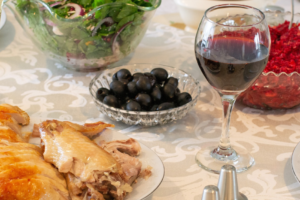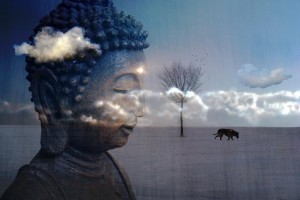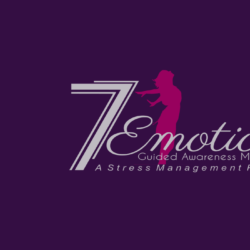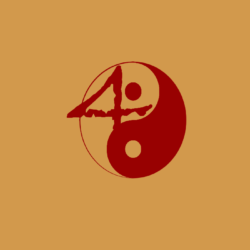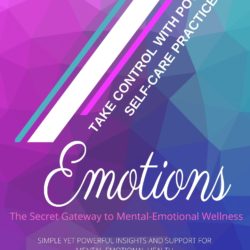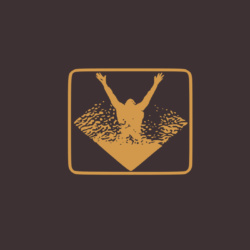Acupuncture and Herbal Medicine is complementary and integrative to conventional medicine.
Acupuncture is a comprehensive form of medicine that is administered through the insertion of fine needles into the body at specific points that have shown to be effective in treating specific health issues. Acupuncture is a gentle and relaxing therapy that stimulates the body’s own natural healing abilities. It has been a part of Traditional Oriental Medicine 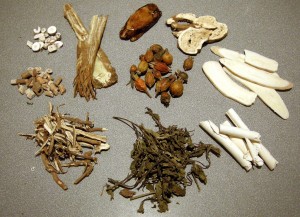 for several thousand years and has been developing as an American medical discipline since the early 1970’s.
for several thousand years and has been developing as an American medical discipline since the early 1970’s.
A report by The World Health Organization (Acupuncture: Review and analysis of reports on controlled clinical trials [2002]) listed over 100 conditions suitable for acupuncture treatment. The following is a partial list: general pain, fatigue, colds, flu, allergies, asthma, sinusitis, bronchitis, anxiety, depression, diarrhea, constipation, indigestion, gastritis, ulcers, urinary tract infection, prostatitis, sexual dysfunction, irregular or painful menstruation, infertility, PMS, menopausal symptoms, neuralgia, migraine headaches, insomnia, dizziness, low back, neck and shoulder pain, hypertension, angina pectoris, arteriosclerosis, anemia, fibromyalgia. Much scientific research to date is continuing to show the benefits of acupuncture and its medical efficacy.
Under the scope of Oriental Medicine some acupuncturists are trained and certified to provide additional healing modalities such as Herbal Medicine, Nutrition, Lifestyle Counseling, Medical Qi Gong(an energetic healing modality), and Tui Na Medical Massage. In the USA many accredited schools offer degrees that include education and clinical training in Acupuncture and Herbology. The National Certification Commission for Acupuncture and Oriental Medicine in the USA, governs the requirements and testing for the following certifications: Diplomate of Acupuncture, Diplomate of Chinese Herbology, Diplomate of Asian Body Works (medical massage), and Diplomate of Oriental Medicine. A practitioner certified as a Diplomate of Oriental Medicine has been successfully qualified to carry the certifications of acupuncture and chinese herbology disciplines. The State of Rhode Island’s Department of Health requires a licensed Acupuncturist to pass the NCCAOM national board exam and graduate from an accredited school with no less than 2500 hours of training.
Herbal Medicine or Herbology, like Acupuncture is a study that has been historically practiced for several thousand years. The education and training of herbal medicine in the United States with references to Chinese herbal medicine has been compiled to include an in-depth study of more than 470 herbs with regards to modern pharmacological and clinical research. The study of herbs includes an understanding of their effects, benefits, contraindications, and proper dosage. It is common today to see herbal teas offered in supermarkets for general use but with the expertise of a certified herbologist specific herbs can be combined into a formula to address a specific set of symptoms also referred to as a presenting pattern of disease.
Look for future articles on health topics including nutrition, lifestyle counseling, Tai Chi, Qi Gong (exercise), acupuncture, herbal medicine and Tui Na massage.
Christopher Carlow, D. Ac. is a licensed acupuncturist by the state of Rhode Island with a Masters Degree in Acupuncture and Oriental Medicine with special training in Medical Qi Gong, Tui Na Medical Massage, nutrition and lifestyle counseling. He specializes in allergies, arthritis, bursitis & joint pain, bladder control disorders, chronic pain, digestive disorders, women’s health, infertility, menstrual cycle disorders, menopause, pms, sleep disorders, sports injuries, stress reduction.
Christopher Carlow, D. Ac. January 2, 2007


